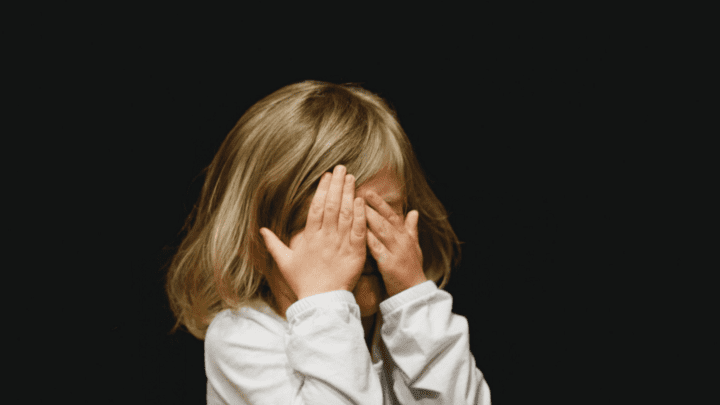
The Psychological Effects of Divorce on Children: How to Help Your Child Heal
Recognize the signs your child may be struggling
After a divorce, it\’s common for children to feel sad, anxious, or angry. They may have trouble sleeping or eating, and may withdraw from friends and activities they once enjoyed.
If you notice your child is struggling, it’s important to talk to them about what they’re feeling and help them find healthy ways to cope. You can also help by getting involved in their day-to-day life, encouraging them to express their feelings, and offering reassurance that everything will be okay.
Consider your role in the situation
As a parent, you play a vital role in helping your child heal after a divorce. You can provide support and understanding during this difficult time. Additionally, it’s important to be patient as your child adjusts to the new reality. Here are some tips to help your child through the divorce process.
Encourage your child to express their feelings about the divorce by asking them questions about how they feel. It may take some time for them to find the words, so give them space to think about what they want to say.
Set up rules and expectations with your ex-spouse
Although it may be difficult, it is important to try and maintain a cordial relationship with your ex-spouse for the sake of your children. Try to avoid speaking negatively about your ex in front of your children, and make sure to attend their events and activities.
It is also important to set up rules and expectations regarding communication and visitation. Finally, try to be understanding and flexible when it comes to your child’s needs during this difficult time.
Provide opportunities for open communication about feelings
As your child begins to process the divorce, it\’s important to provide opportunities for him or her to openly communicate about feelings.
This can be done in a number of ways, such as through family therapy, individual counselling, or simply talking at home. It’s important to listen without judgment and to validate your child\’s feelings.
You can also encourage your child to express himself or herself through art, writing, or other creative outlets.
Read more: Creating a Bright Holiday for Your Children During Divorce
Have your child write down what he or she is feeling
It can be difficult for children to understand and express their feelings after their parents’ divorce. But it\’s important for them to do so in order to begin the healing process.
Talking with a counsellor or therapist, reading about other people who have gone through a similar experience. Writing down what they are feeling, or even keeping a journal can help them work through their emotions.
Encourage your child to find healthy ways to express his or her pain such as playing sports, drawing pictures, listening to music, etc.








